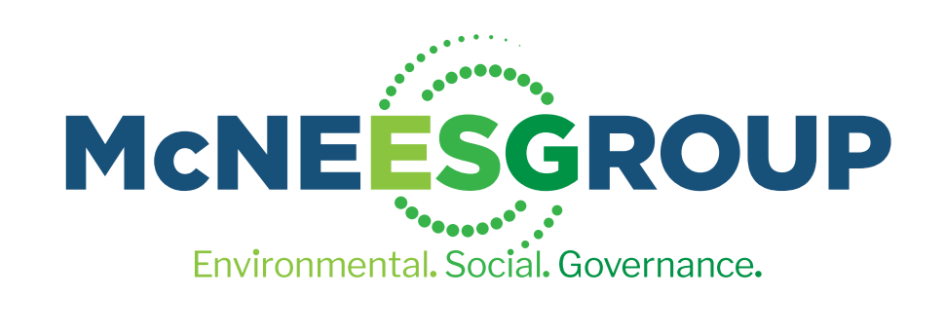Elevating Social Impact for Shared Value
The winds of societal change demand businesses embrace stakeholder mindfulness and challenge leaders to view social purpose as an opportunity, not an obligation.

An insightful Harvard Business Review article spotlights why the societal contribution element of environmental, social, and governance (ESG) programs remains an overlooked opportunity. While environmental and governance initiatives often have clear metrics, author Beth Bovis asserts that social strategies allowing businesses to lift communities tend to be less defined.
Yet, as Bovis argues, aligned social programs generate multiplier community benefits while "creating long-term economic value." Leaders overlooking SROI (social return on investment) metrics fail to capture the tangible shared value unlocked by equitably uplifting human potential.
Bovis urges framing programs not as PR exercises but as strategic investments leveraging capabilities for maximal societal performance. Whether upskilling local youth for food industry careers or improving affordability for regional grocers, targeted interventions that consciously better communities also allow businesses to grow markets and fortify workforces organically.
Advisory partnerships are likewise vital for accurately assessing needs, co-creating responsive programs, and maximizing measurable impact. As leaders, we must adopt evidence-based social investment perspectives focused on illuminating outcomes over outputs.
The winds of societal change demand businesses embrace stakeholder mindfulness and challenge leaders to view social purpose as an opportunity, not an obligation. Are we leaving inspiration and inclusivity on the table? Let's connect to explore assessing strategic intersections of business objectives and positive community change. The next generation of talent and consumers compels us to aim higher.
Where do you see opportunities to merge economic goals with social progress? Comment below using #SharedValue and #ConsciousBusiness
